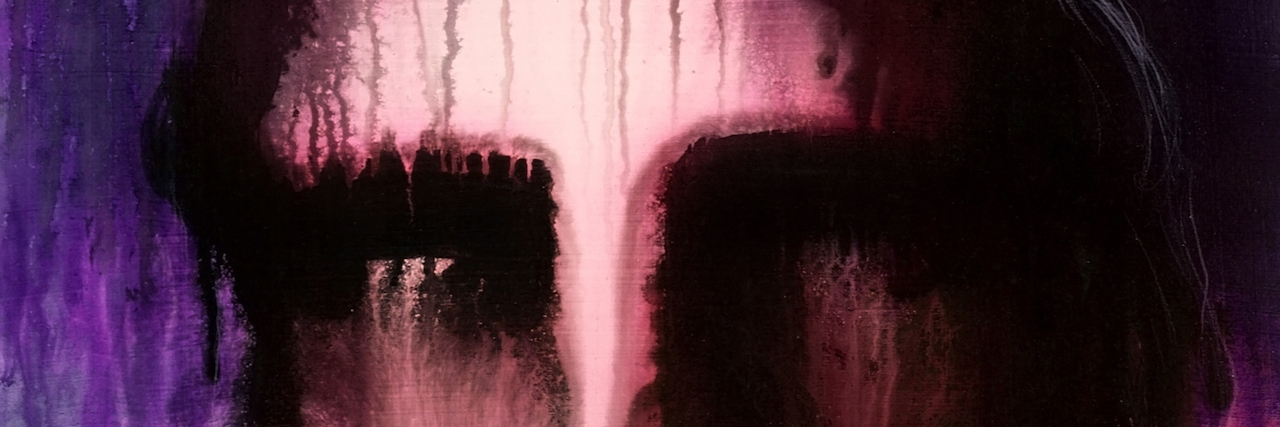The first two years of my experience with depression was among the most dreadful. Not solely due to the weeks of being trapped inside and afraid to leave the house, as emotions and feelings of worthlessness encapsulated me. For I was furthermore struggling with my own relation to myself, and consequently the unfamiliarity of considering the person I had become as that of a depressed individual.
The initial interpretation I established towards myself as a depressed person, was one which relied on ridding of the depressed subject that was myself, ending in me being cured and restoring the old me. The former me, who could socialize, play sports on the weekends, and had the confidence to speak in front of a class or audience. If I could not fix myself I could never be happy again, and fixing myself meant completely halting the depressed and what I had deemed the pathological individual I had become.
Hours were spent each day lamenting on how I went from enjoying studying and time with friends to becoming isolated and hating every aspect of what was me. How could I continue as this pathology? I was a former shell of a person who once and still should have the capacity to enjoy my life. I needed to be fixed, a fix that would enable me to be the real me.
My mind contorted upon itself over this relation to itself. Alternate visions of my depression attempted. The most prominent I attempted being, “I am not depressed but depression is just a part of me.” At first this appeared a fruitful avenue for a more constructive experience for eventually restoring my previous state of mind. I was still the same old self, who was negotiating with a different and new component that manifested as depression. “It was going to be alight,” I told myself. I finally had some comfort.
This concept for me though unfortunately led myself not free from the shame and guilt of being a disease distorting my former self, but rather opened up another encasement in my mind. For conceptualizing my depression as simply a pathological part and not my whole subjectivity became increasingly difficult as the inability to venture beyond my house and socialize perpetuated at varying and unpredictable times. Depression did not seem an alienated separate part which could be tamed, if it was just a part then it was an all embracing competent. And restoring my “old self” was becoming no easier through attempting to alienate and compartmentalize my depression. Back I was to the continuous emotions of guilt. On numerous occasions facing the frustrating feeling that I was repetitively banging my head against the walls which were my own mental state. If I could not construct a narrative to restore myself, how would coping with depression (whether as a self or a part) going to be plausible?
After two years which I proclaimed as a viscous cycle with no progress, I was introduced to an alternate perspective and approach to my depression. A supervisor for my studies, introduced me to various works of authors, artists and academics. The content and experiences discussed in these works was immensely varied, however, one theme persisted throughout, namely that disability or mental health need not be a state to be cured or rid of, but can be integrated as difference. A narrative of the self I was and would become, need not hinge on the return to someone who I had believed was “normal.” My depression was not inherently pathological, and could be realized instead as difference.
This difference of perspective enabled me to approach and find new hobbies for relaxation. No longer did these hobbies need to be focused around competition and education, but could be a personal and private chance to think and reflect for my own mental health. A time for myself where I would play music or do origami, as a healthy outlet and engagement with my mental health. However, and most significant to me, I gained the confidence to attend and contribute to events focusing on issues such as employment inclusion for those experiencing mental health and disability. I was fortunately able to meet and interact with others as a person who is depressed, not hiding away from exploring this part of me, or living afraid of the pathological connotations I may draw.
I still experience and combat symptoms of depression which leave me numb or ridden with shame. However, these instances have lessened since I began understanding my depression as a difference which does not equate to me being a lesser version of myself. I am depressed, but that does not mean me or a part of me is necessarily a pathology which needs to be normalized or fixed. My depression can be integrated in my life as difference. Although I frequently have to negotiated or manage painful instances of my mental health, I also have chances to facilitate alternate experiences and forms of expression. I am not a shell or shadow of the old me due to depression, but I am a different me.
We want to hear your story. Become a Mighty contributor here.
Thinkstock photo via prill

